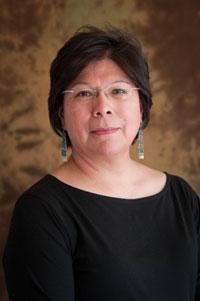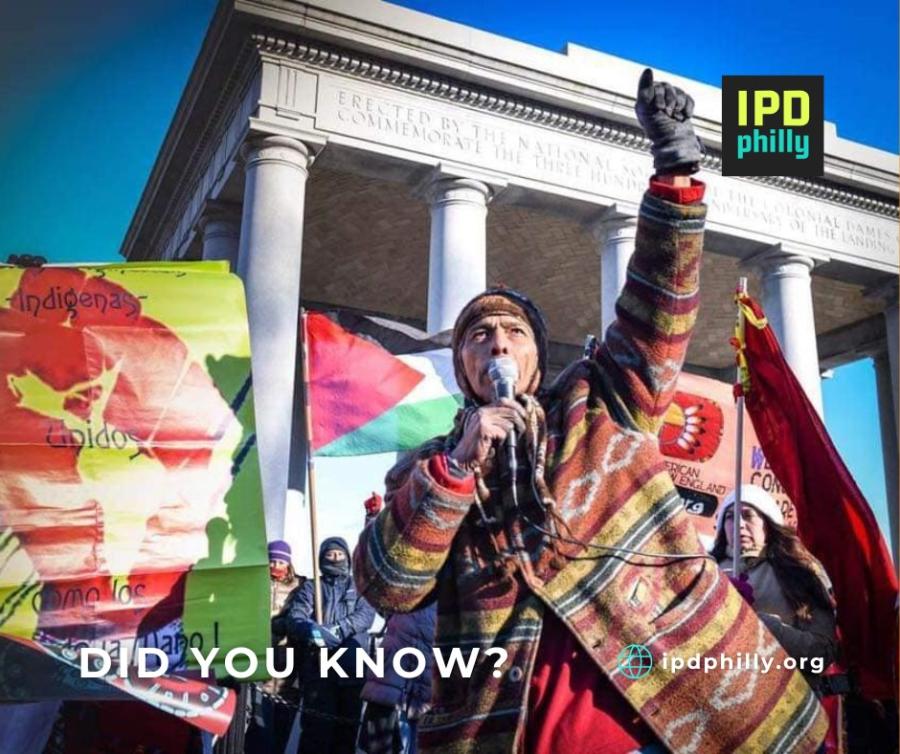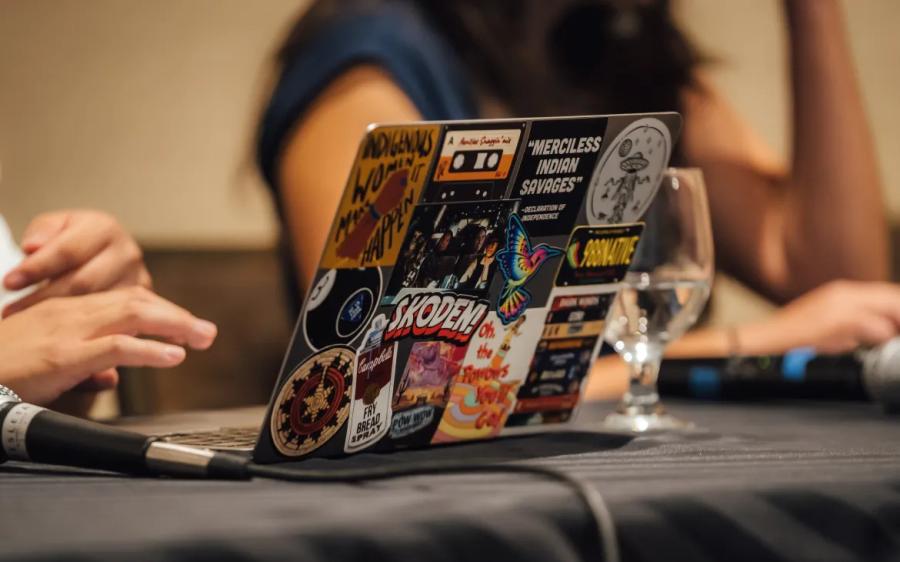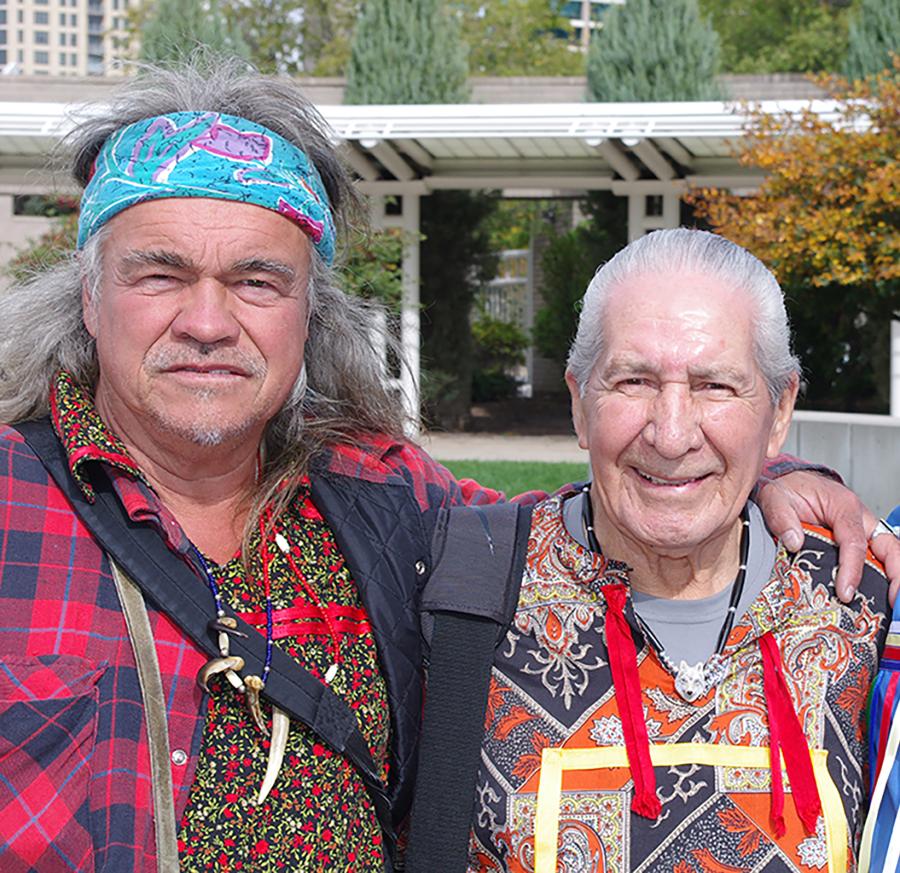
The well being and future of children should be at the center of any decision we make. How will our children benefit from what we do? I have spent the majority of my career working in the interests of young people, so this central question is important to me. As Native people we come from societies where children are socialized into their family and community roles through daily activities, intergenerational relationships, and community processes. Leadership arises through shared communal understanding of these processes and of knowing who we are as a people.
I am reminded of a moment years ago, sitting around a table when one of my cousins was talking about putting her young son in preschool. My uncle leaned over and told me that soon as the child was able to walk, he would be taking him to the corn fields to learn. I thought about the child learning to sing to the corn, nurturing it to grow, so that it may in turn nurture us. He would be learning and securing a deep relationship with the natural world and an understanding of who he is. Then I imagined him in preschool learning to sing “twinkle, twinkle, little star – how I wonder what you are?” and in this process, over time, wondering who he is. As Native people, our experiences with schooling have a long history of violence against children, with inhumane forced removal and forced assimilation. Yet we are dependent on the success of our children’s education, and in local communities we seek to make it culturally relevant. We seek to recover or revitalize our languages so that our children and young leaders may walk into the future with wisdom and knowledge expressed in their native tongues. We are passing on a complex and challenging future, and it is dependent on what we do for our children now; on the leadership we nurture and support.
In this issue of Cultural Survival Quarterly we spotlight Indigenous youth and their courageous actions to sustain their cultures and assert their rights. With deep appreciation we acknowledge the many ways in which our young people are asserting their Indigenous identity in new forms: leading protests for their rights; using cultural artforms as expression and voice; organizing alliances in their communities; engaging in learning opportunities for leadership; becoming learners of their languages; and becoming guardians of mother earth. They have strong role models to look to, as seen in Dayamani Barla, Dr. Duane Champagne, Dr. Anne Poelina, and Elder Lucy Marshall, who are also written about in this issue.
Cultural Survival is honored to recognize Dayamani Barla, an Indigenous human rights activist and journalist from the Munda tribe in the Indian state of Jharkhand, with the 2013 Ellen L. Lutz Indigenous Rights Award. It is my honor to recognize her, knowing the struggle and sacrifice Indigenous women leaders make as mothers and grandmothers for the future of our children.
Suzanne Benally, Executive Director (Navajo and Santa Clara Tewa)



